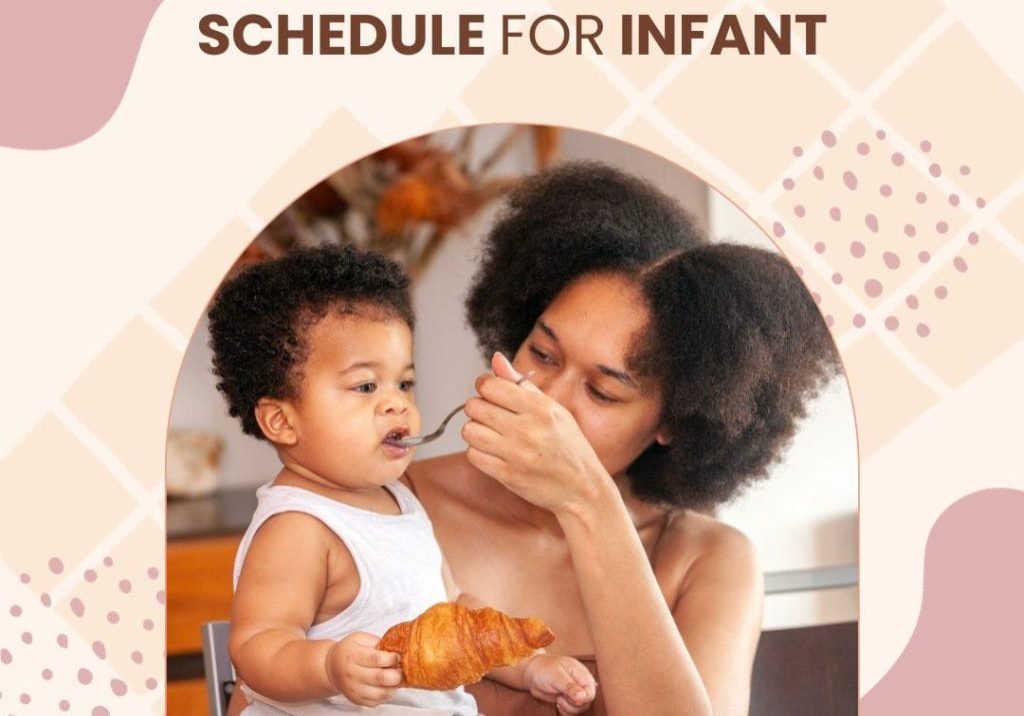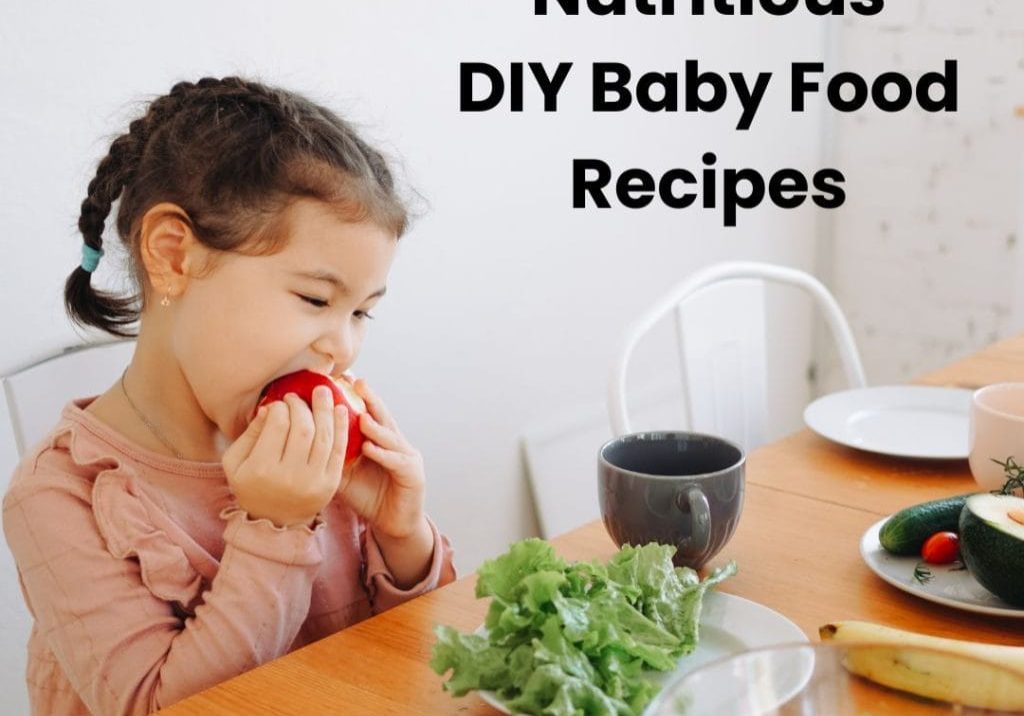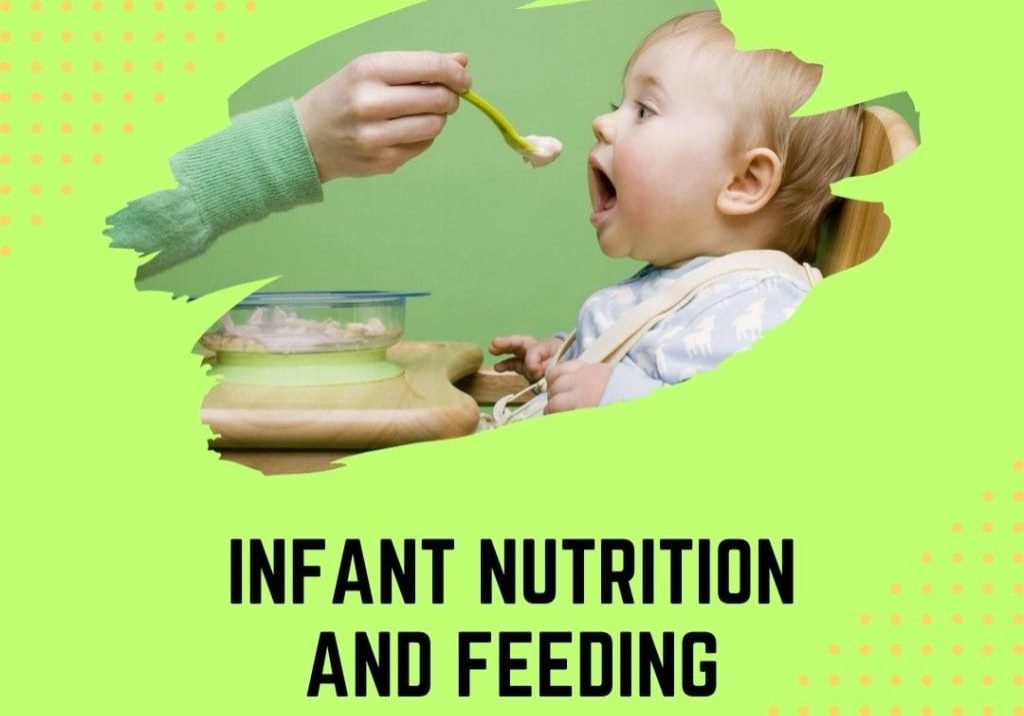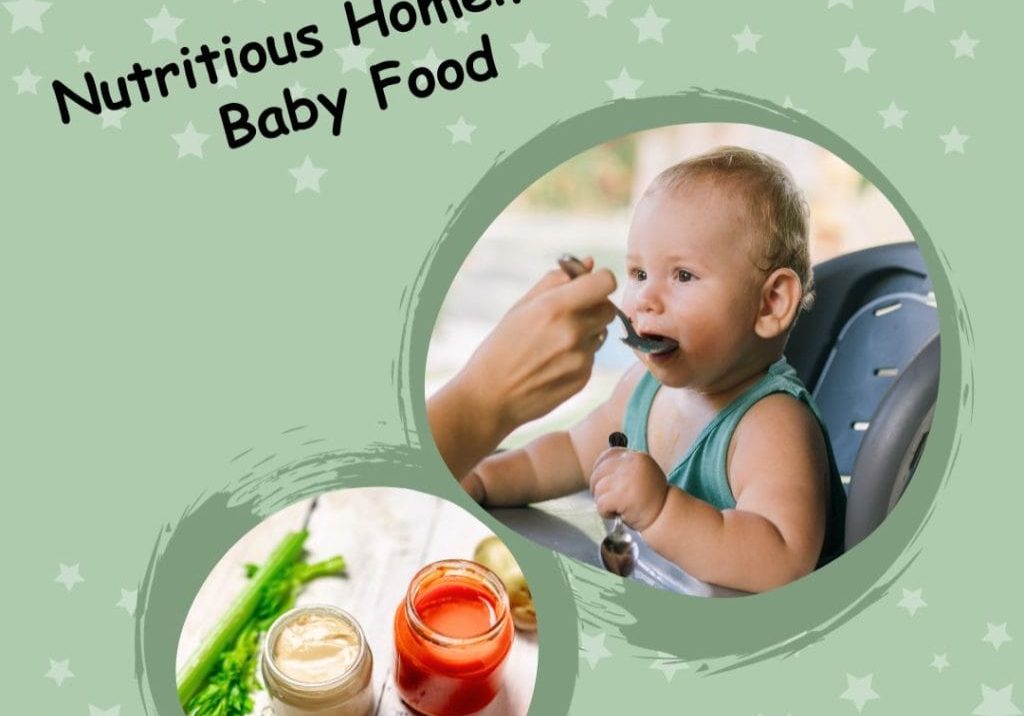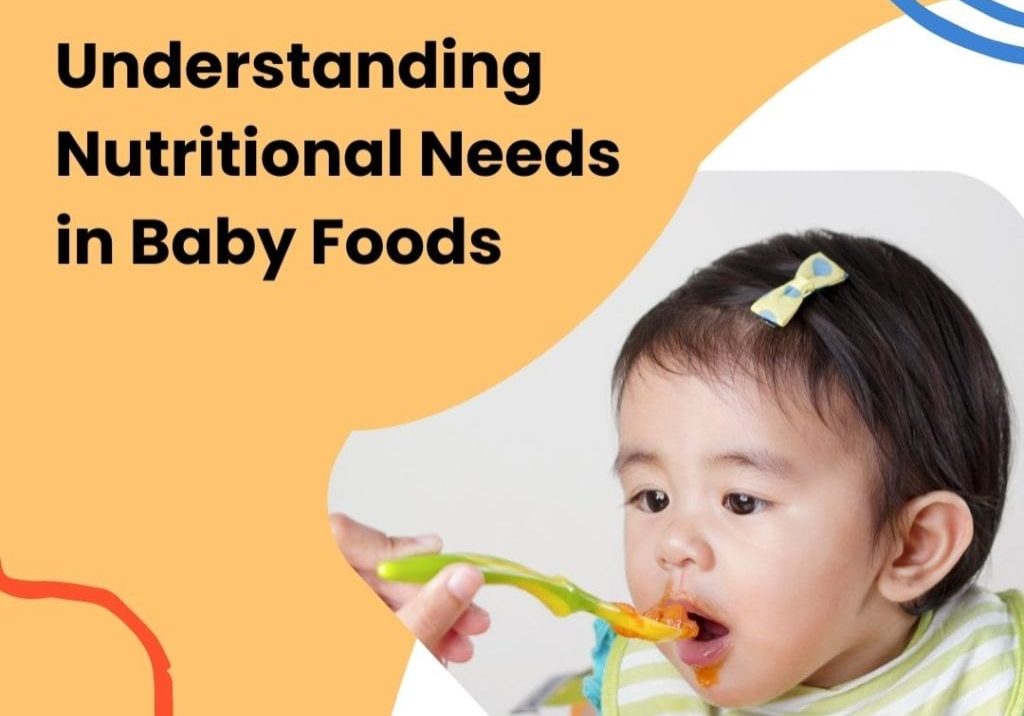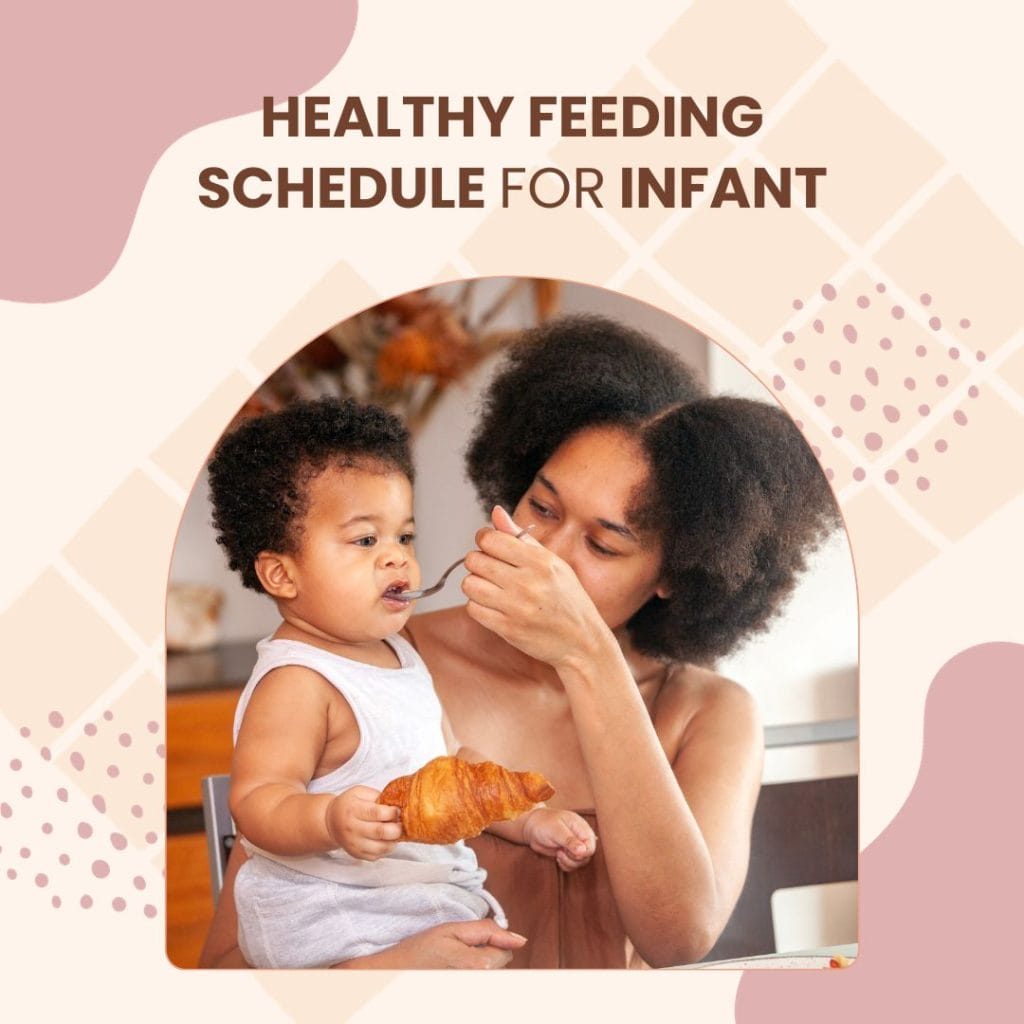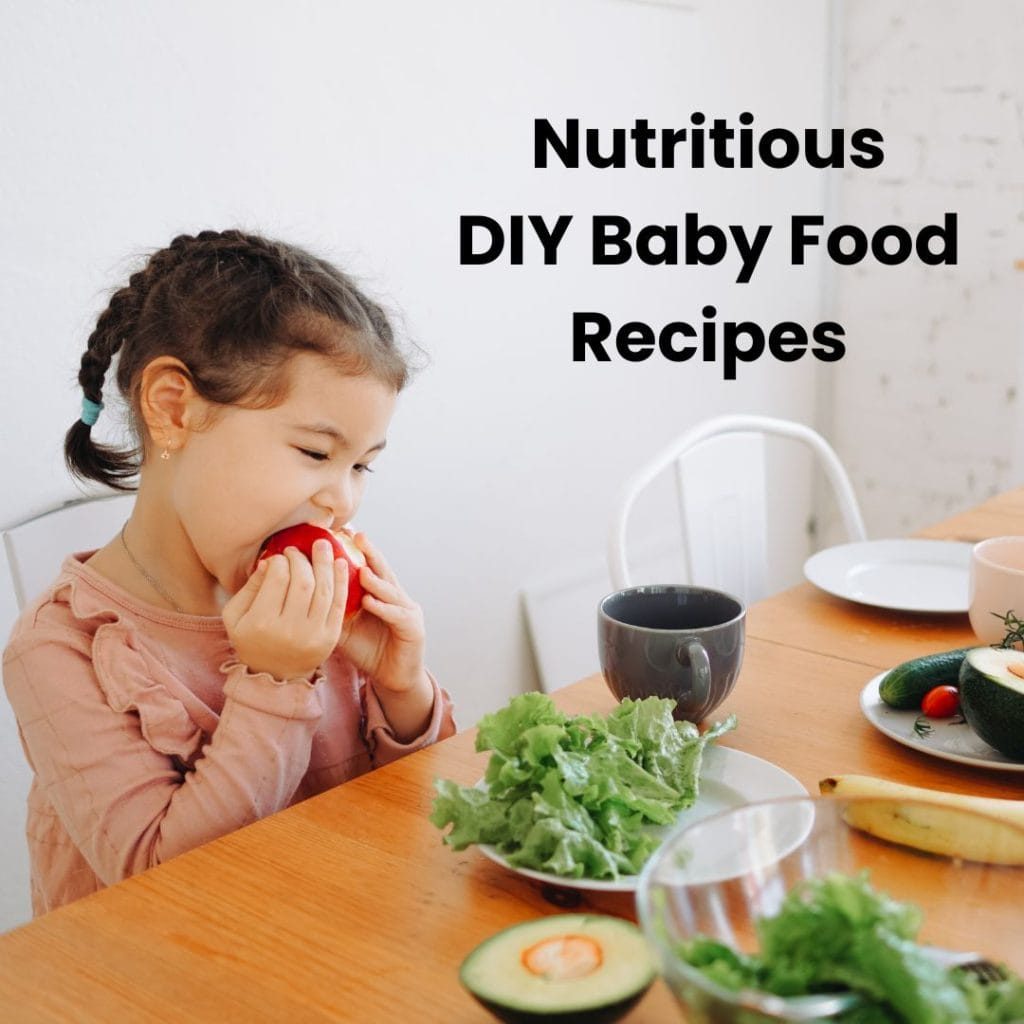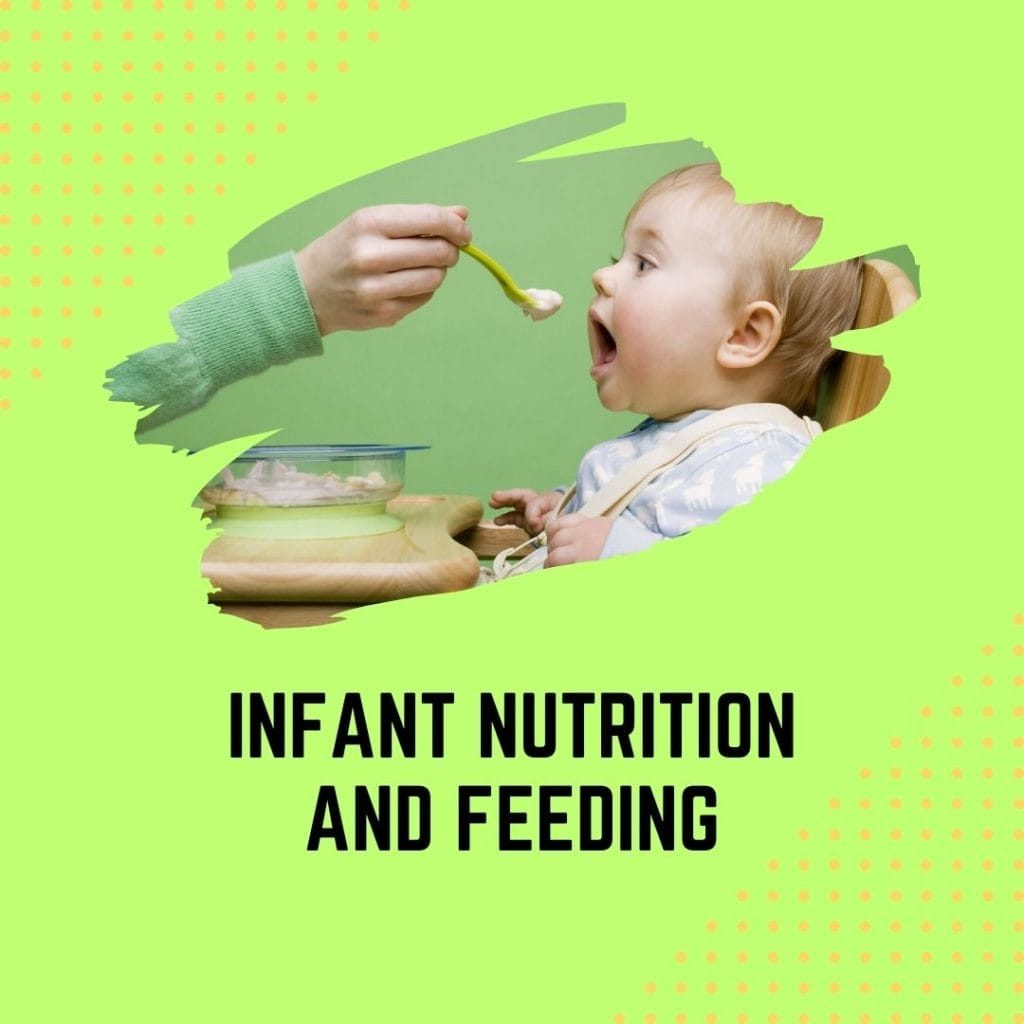When it comes to infant care, choosing BPA-Free Baby Bottles is a critical step toward ensuring your child’s health. These bottles, devoid of the harmful chemical Bisphenol A (BPA), help in safeguarding your little one from potential health risks, thus underlining their immense importance in early child care.
“The Importance of BPA-Free Bottles for Infants”
Bisphenol A, commonly known as BPA, is a chemical often used in the production of many plastic products including baby bottles. Upon exposure to heat or wear, BPA can leach into the food or liquid it is in contact with, thus posing potential health risks.
Health Risks Associated with BPA
Research suggests that BPA can disrupt hormonal balance and negatively affect the development of infants. BPA exposure has been linked to a wide array of health complications, such as neurological difficulties, cardiovascular problems, diabetes, and increased risk of obesity. Babies, due to their underdeveloped system, are at a higher risk of these adverse effects.
BPA-Free Baby Bottles: A Safer Choice
BPA-free baby bottles are a safer alternative. These bottles are made using materials like silicone, stainless steel, or glass, which do not leach harmful substances. BPA-free bottles ensure that your child’s feeding time is not exposing them to harmful chemicals.
The Long-Term Benefits of BPA-Free Bottles
While BPA-free bottles might be slightly more expensive, the long-term health benefits they offer significantly outweigh the initial cost. By choosing BPA-free bottles, parents can ensure a safer feeding environment for their infants, protecting them from the potential health risks associated with BPA exposure.
BPA and Baby Bottles: Should You Be Concerned?
You might be aware of the discourse surrounding the safety of plastic baby bottles due to the presence of a potentially hazardous chemical. Several studies have indicated a common component in such bottles, Bisphenol A (BPA), as a potential contributor to neurological and behavioral issues in children and infants. However, it’s important not to let fear take over. An expert committee has expressed some moderate concern about the developmental impacts on children due to BPA exposure. Nevertheless, the U.S. Food and Drug Administration has not yet suggested discontinuing the use of BPA-containing products.
The Chemical Culprit
BPA, short for Bisphenol A, is a chemical compound primarily utilized in the manufacturing of polycarbonate, a type of durable plastic. This plastic is commonly used in a variety of products, including baby and water bottles, food storage containers, and medical devices. Regrettably, BPA has the potential to seep into the food or liquid contained within these products. The leakage of BPA is further exacerbated by heat, which can cause a greater amount of this chemical to seep out.
The Latest Findings
Understanding the Concerns Around BPA Exposure
The National Toxicology Program (NTP) suggests there is “some concern” about the developmental effects of BPA exposure in children. On their five-point scale of concern, this ranks as the third level. An expert panel assessing the research surrounding BPA has recently made public a preliminary draft of its findings.
Limited Human Studies but Evidence from Animal Research
The panel warns that research on BPA is somewhat limited, particularly when it comes to human studies. Consequently, most of the conclusions drawn are primarily based on animal studies. The evidence pointing towards potential risks to children emanates from studies on animals that have indicated effects on the prostate and mammary glands, triggering early puberty in females.
FDA’s Stance on BPA-Containing Products
Despite these concerns, the U.S. Food and Drug Administration maintains that products containing BPA currently on the market are safe. According to the FDA, exposure levels remain under the threshold that could potentially cause health effects.
Positive Developments in the Market
On a brighter note, market trends are showing a shift towards safer alternatives. As of January 2009, several manufacturers have ceased the production of BPA-containing products for the U.S. market, demonstrating an increasing commitment to consumer safety.
Ways To Avoid BPA
If you’re one who prefers not to take chances with BPA until further research is conducted, there are several steps you can take to minimize exposure. Parents particularly worried about this issue may find the following two recommendations helpful:
- Opt for baby bottles that are verified as BPA-free. Such options encompass glass bottles as well as plastic bottles specifically labeled as BPA-free.
- Steer clear of plastic containers that bear the number 7 at the bottom. Such containers typically incorporate BPA in their composition.
Conclusion
In conclusion, the use of BPA-Free Baby Bottles is essential in safeguarding the health of our young ones. This choice provides a safer feeding environment, reducing potential health risks. We should not compromise when it comes to the well-being of infants. Therefore, investing in BPA-Free Baby Bottles is a prudent and necessary decision.


